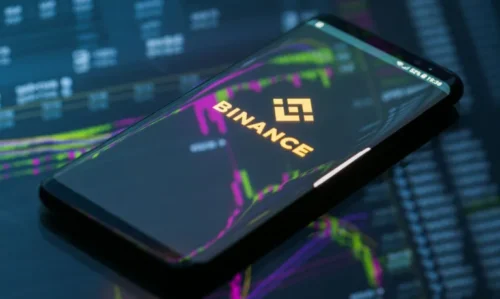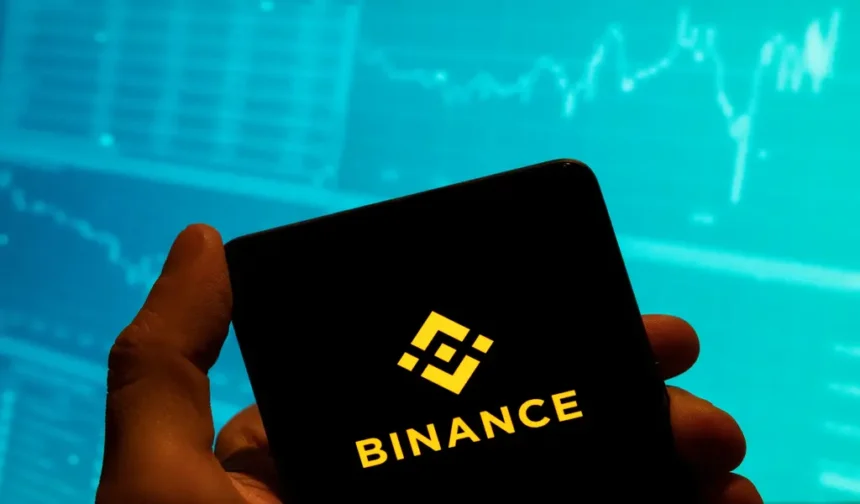The United States Supreme Court denied a request made by Binance and its creator, Changpeng Zhao, to avoid a lawsuit filed by investors who accused the largest cryptocurrency exchange in the world of illegally selling unregistered tokens that had lost a significant amount of their value. The application was submitted on Monday.
Binance and Zhao appealed the lower court’s decision to permit the class action to progress, but the judges opted not to review their case.
Although Binance is not a U.S.-based company, the 2nd United States Circuit Court of Appeals in Manhattan ruled that U.S. securities laws might apply. This decision stemmed from the fact that once investors acquired tokens, their purchases became irreversible in the United States.
The 2nd Circuit Court of Appeals considered Binance’s use of domestic Amazon servers in its March 2024 ruling, allowing the litigation to proceed.

Investors Accuse Binance of Illegally Selling Unregistered Tokens
The Platform Binance, founded in China, argues it shouldn’t be subject to U.S. securities laws. In December, Richard Teng, the Exchange’s CEO, told Reuters that the exchange had yet to finalize its headquarters location, even though it had previously suggested a decision was imminent.
Investors who purchased ELF, EOS, FUN, ICX, OMG, QSP, and TRX tokens through Binance beginning in 2017 said that the exchange failed to notify them about the “significant risks” associated with the tokens. These investors sought to retrieve the money they had spent on the tokens through the class action lawsuit.
Because its exchange was outside the United States, Binance has maintained that its securities laws did not apply to it. The Supreme Court’s 2010 decision in Morrison v. National Australia Bank was recognised as the ruling limiting those statutes’ extraterritorial scope.
In its appeal to the Supreme Court, Binance argued that the 2nd Circuit Court of Appeals had incorrectly construed the Morrison judgement by permitting liability at different stages of securities transactions for multiple nations.
The exchange stated that this effectively brought back a test that the Supreme Court had rejected. This standard allowed domestic securities laws to apply if the conduct that underpinned a transaction took place in the United States or if the transaction had repercussions in the United States.
The Platform stated that its appeal was also concerned with “a question of global significance for financial markets: whether (and if so, when) U.S. securities laws extend to foreign trading platforms such as Binance.com.”
There is no connection between this case, Binance’s guilty plea, and the more than $4.3 billion penalty it received in November 2023 for breaching federal anti-money laundering and sanctions laws. Zhao was freed from prison in September after serving a four-month sentence for a similar case.

Salman Ahmad is known for his significant contributions to esteemed publications like the Times of India and the Express Tribune. Salman has carved a niche as a freelance journalist, combining thorough research with engaging reporting.














